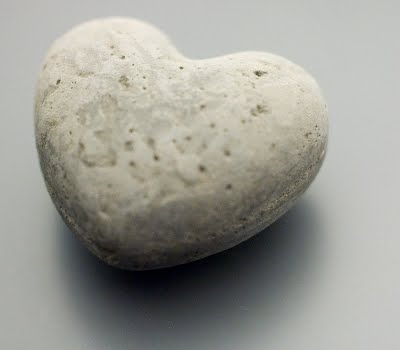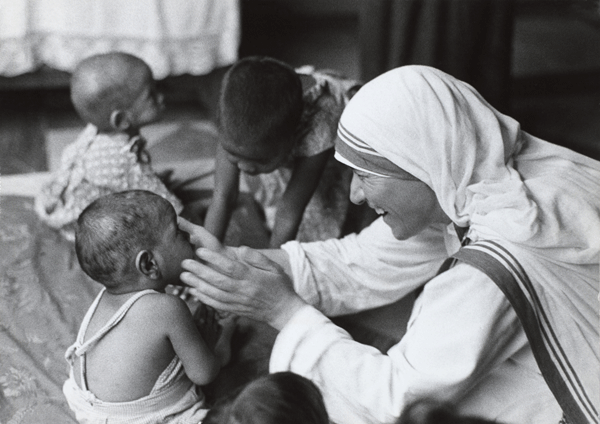
Some synonyms for the word “callous” are heartless, unfeeling, coldhearted, uncaring, insensitive, unsympathetic, cold and pitiless. These are pretty strong words. And that is the way I want you to hear them as I speak with you about the way an MGO’s heart can become calloused – how we all, as we get captured by the routine of major gift work – the routine of life, can become shielded from the pain and hurt of good people in our world and a planet that is suffering from our neglect.
I want to talk with you about how this callousness reduces us to becoming mere cogs in a fundraising machine rather than the caring individuals we all want to be. And then I want to share with you ways you can begin to deal with this very common dynamic in your life as an MGO.
I became aware of how this happens when one day, upon reflection, I found myself more preoccupied with getting stuff done rather than really being in touch with the people our organization was striving to serve.
My attention had drifted away from the main thing and on to securing personal and professional objectives. And when I say “the main thing,” I mean the commitment I had made to helping others – being in touch with their situation, their pain, their hurt, and then doing something about that. I had moved away from that core focus.
And it is certainly easy to do, which is why the phrase “familiarity breeds contempt” applies here.
While I don’t consider myself a cold, heartless person, and you probably don’t think of yourself in that way either, I can see how easily I am able to move from my heart and the needs of others, to my head and myself. Which is why I have a rule I follow to make sure I routinely escape the grip of callousness.
Here’s my rule.
At least once a week I make sure I get in touch with the pain and hurt of others, especially those that we serve.
In the direct marketing firm we used to have, I would often tell our employees the same thing I say now to our associates in this company: “At least once a week, let your heart be broken by the condition of humankind and our planet.”
When spreadsheets, meetings, plans, policies, protocols, goals and performance divert our attention from the hurting child, the person gripped by drugs, the lonely senior living alone whose family has abandoned her, the homeless person, the patient suffering from a terrible disease, the starving family, a forest that has been destroyed or the lake that has been polluted, a relationship that has been broken – when our gaze and our hearts move from the tragedy around us to a focus on ourselves and our own stuff, we are on the path to callousness. And we must escape its grip.
This last Sunday, Jeff and I were driving from Philadelphia to New Hampshire to speak at the New England Association for Healthcare Philanthropy conference.
The evening before our trip I had just learned that a 50 year old friend of mine lost his battle with cancer and passed away. He was a good man, a gentle giant who, try as he might, could not find a solution to this treacherous disease that would not let him go.
As we were driving through the Massachusetts countryside I called his wife to express my condolences and care. She was trying to be strong, but I could tell that even with all her preparation, the loss of her good husband had dealt its blow. And I was immediately transported into her pain. I finished my call and just sat there and cried while Jeff drove. He was a comfort to me, for which I was grateful. And the experience reminded me again that we are a broken and hurting people, and that I need to stay in touch with that fact.
Now, don’t get me wrong. I am not some morose, dark focused individual. Nor am I suggesting that you should constantly live with a steady diet of the problems and hurts of our world. No. But I am suggesting that at least once a week you get close to the person or cause you serve, to feel the pain, the hurt and the hopelessness, so that you can remember why you are doing your work.
So why not stop right now and commit yourself to go be with someone your organization helps at least once a week? Or if you are working with a non-profit that helps animals or the environment, go to the animal shelter or to a place where the environment is being abused. Go there and feel it. Sit with it, and give the callousness a chance to lose its grip.
Richard
Search Blog Posts







0 Comments